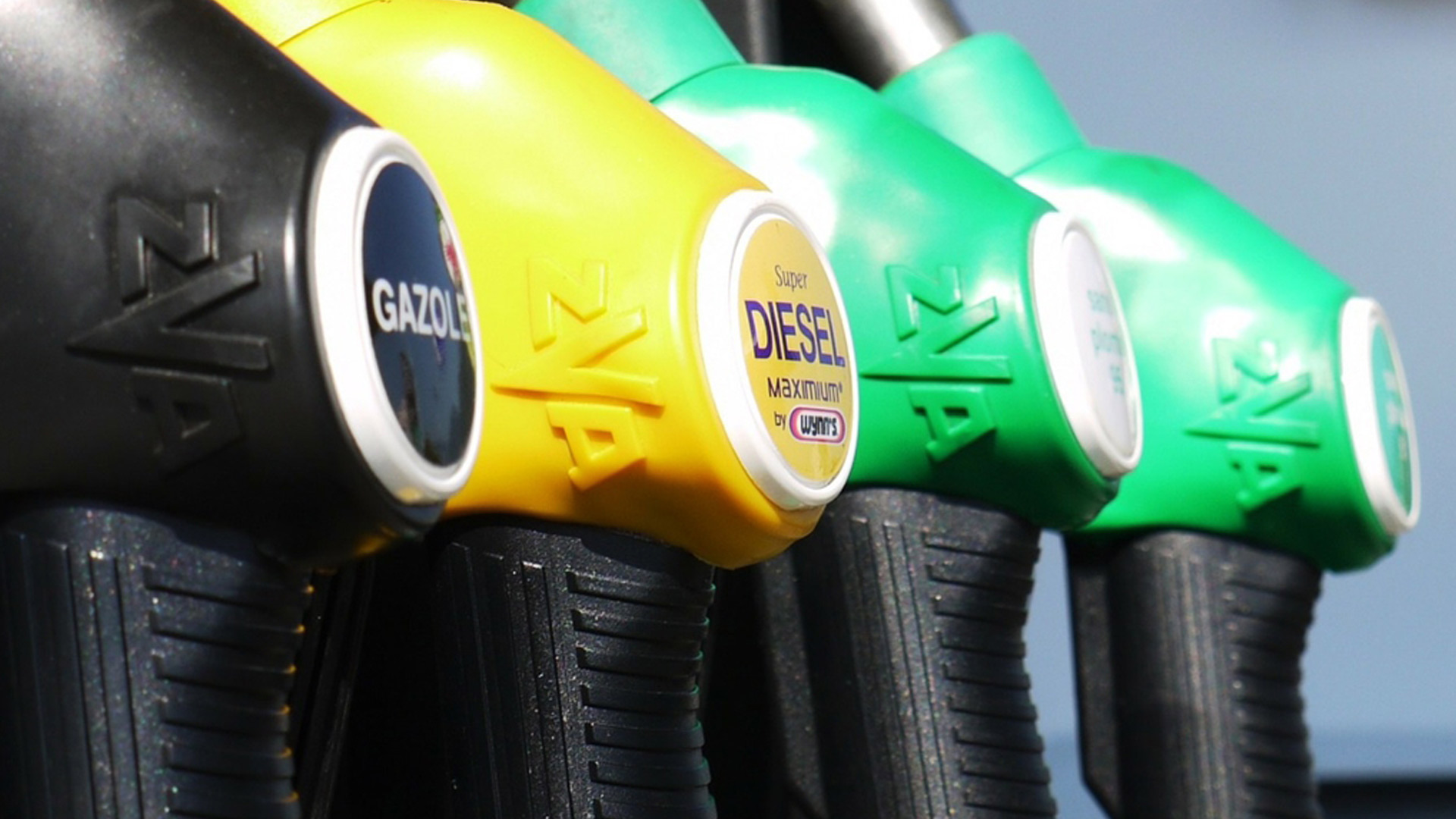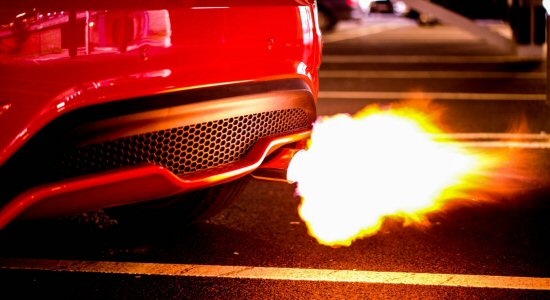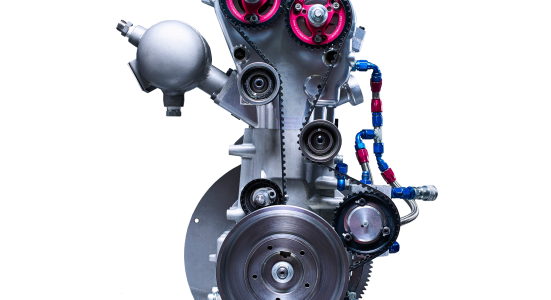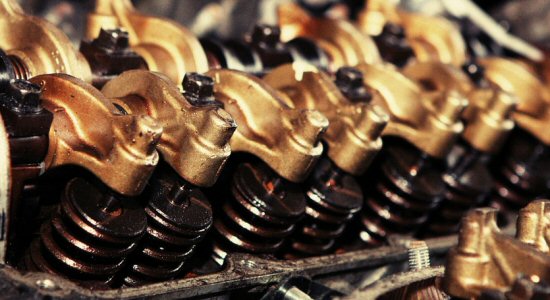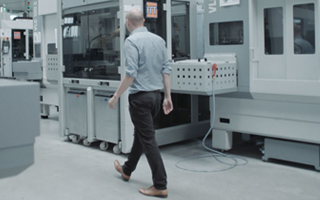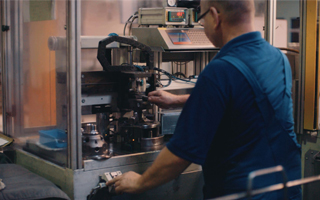Can Diesel Be Saved
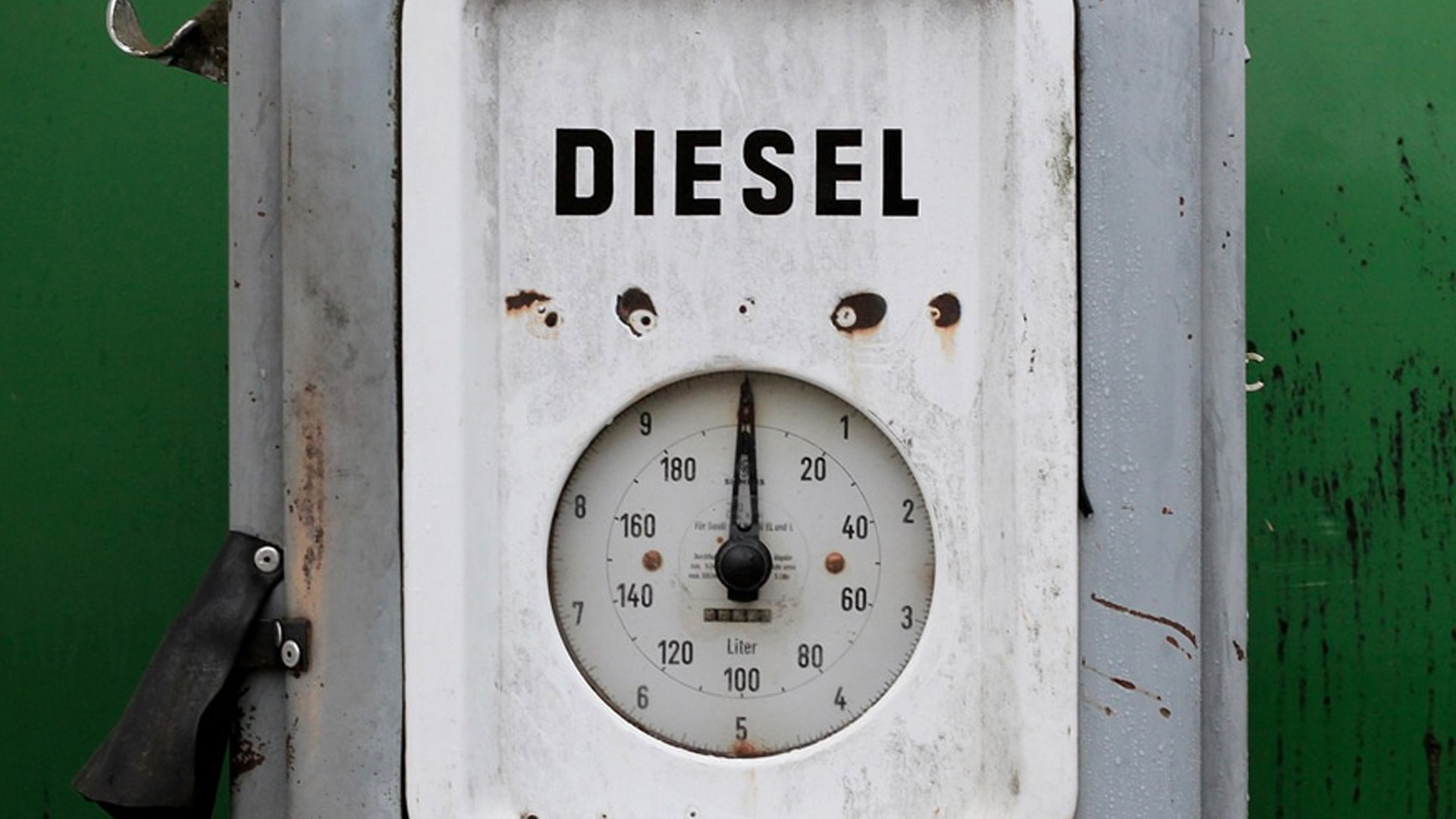
Diesel fuelled new cars sales have had a tough time this year. After the negative press surrounding their impact on the environment and the tax penalties suffered because of it, sales in the UK have dropped sharply.
ROCKY ROAD
December has seen new diesel car sales drop by 31% on the year, following a similar drop in November (-30%) and October (-21%) – contributing to a 17% fall in annual diesel fuel car sales compared with 2016.
Consumer confidence in the trade-off between fuel efficiency and emissions has been broken and increasingly people are turning to petrol, hybrid and electric cars as a result – but not enough to make up the short fall in overall new car sales.
With sales currently as they are manufacturers are presented with a relatively simple decision; do they accept the fate of diesel, and allow sales to fade away while they work to bring hybrid/electric vehicles sooner - or do they work to repair the damage and push diesel back alongside petrol.
Petrol itself is no saint and produces its own share of harmful chemicals. The latest Euro 6 emissions testing table listing the limits for each of the chemicals produced highlights how even though diesel is monitored for, and produces, higher levels of nitrogen oxides (NOx) and hydro carbons, the limit for carbon monoxide (CO) emissions for petrol is twice as high.
The reality is fossil fuelled car emissions harm the environment no matter if its petrol or diesel, and there’s no getting around that - so unless you switch to a hybrid or fully electric vehicle the argument for either or is a bit moot.
HOPE REMAINS
There is some hope for diesels though. Earlier this year Continental claimed they had managed to develop a suite of technology that can clean up diesel exhaust by reducing NOx emissions by 60% and decrease CO2 by 4% – while improving fuel efficiency by 2%.
These are impressive numbers, and would bring their emissions below the levels petrol emits - completely reversing the argument currently being levelled against diesel fuel.
How Continental have achieved this is through a series of modifications that each make a small improvement, and when combined add up to a drastic drop in the harmful chemical diesel is being criticised for. Everything suggested is already available technology, placing the decision at the feet of manufacturers as to whether they want to take on the expense of incorporating it.
TECH SUITE
The first recommendation is to replace standard fuel injection systems with the PCRs5 piezo common-rail system. Operating at 2500 bar (37,500 psi), when combined with dynamic valve timing it allows for multiple injections per cylinder cycle that will allow a tiny amount of fuel to reach the catalyst, where it is then ignited.
This accelerates the heating of the catalyst which is beneficial as it only begins removing NOx once it has reached a specific temperature threshold - and reaching the required temperature faster results in a 37% reduction in NOx.
The next stage is to fit an electrically heated EMICAT, which further works towards achieving and maintaining the higher temperatures needed for the catalyst to scrub emissions.
Immediately after the EMICAT, an Adblue system is positioned, allowing the additive to be mixed easily with the exhaust and neutralise harmful chemicals. Combined they reduce NOx by 14%.
These additions require more power however, and by post-injecting fuel it worsens fuel economy too. To combat these effects Continental proposes a small hybrid system is incorporated to reclaim braking energy. This energy powers the additional systems and can also be used to assist the engine during sharp accelerations where diesel engines typically experience a spike in NOx emissions, reducing emissions even further. It’s estimated this Hybrid Power System will provide a 3% reduction in NOx and a 3% reduction in CO2, as well as powering other systems in the package.
The last modification is to install an energy management system (cEM) which can use navigational and situational data to alter engine performance to match, saving wasted energy and therefore reducing emissions even further to total the amount claimed.
CHOICE
Continental say that they have tested this all in real world environments, and that it is a relatively simple package that can be added to future diesel cars – achieving a more fuel efficient and cleaner diesel engine.
Is it enough to restore consumer confidence and bring diesel back in line with petrol powered engines? Car manufacturers won’t know unless they try, but with sales not showing much sign of improving action will need to be taken soon.
Continental has at least shown there is a way, if there’s the will.


